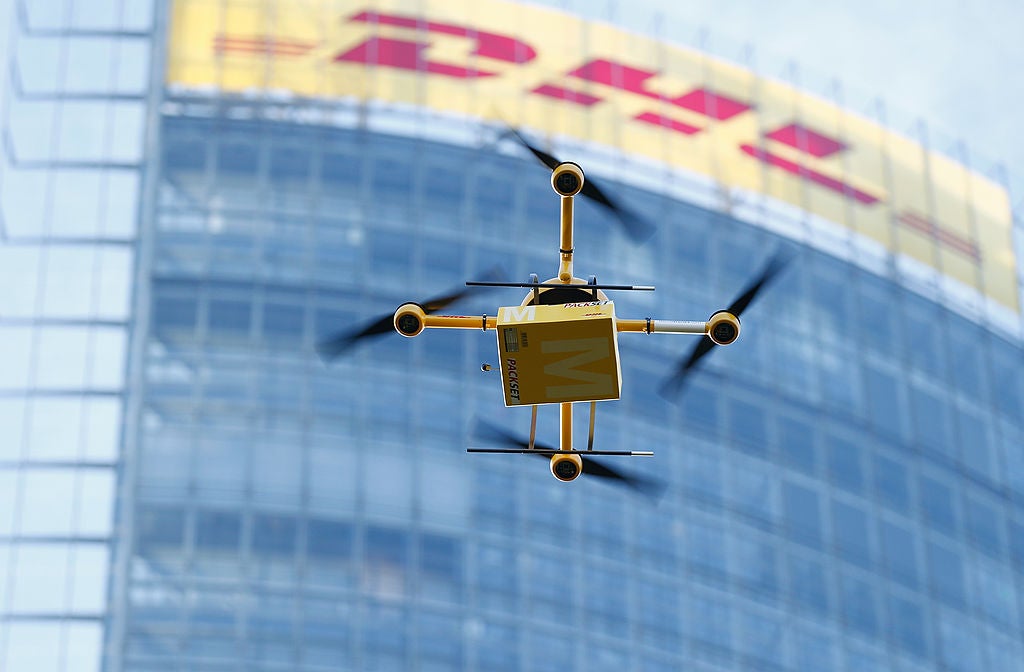Flying taxis could launch in two years in UK skies
The Department of Transport says the plans for flying taxis will turn science fiction into reality

The first ever flying taxi could take to the UK skies as early as 2026, a government plan has suggested, in a bid to welcome technology “once confined to the realm of sci-fi”.
The proposals are part of the Department of Transport’s (DoT) Future of Flight Action Plan. Under the proposals, driverless flying taxis could also become a reality within the next six years.
The “roadmap” would mean the adoption of technology that could boost the country’s economy by £45 billion by 2030.
Aviation and technology minister Anthony Browne said the plans will revolutionise transport.
“Cutting-edge battery technology will revolutionise transport as we know it - this plan will make sure we have the infrastructure and regulation in place to make it a reality,” he said.
“From flying taxis to emergency service drones, we’re making sure the UK is at the forefront of this dramatic shift in transportation, improving people’s lives and boosting the economy.”
The proposals would also allow drones to fly Beyond Visual Line of Sight (BVLOS) so the sector can grow without limiting the skies for other aircraft.

They also aim to reinvigorate smaller aerodromes by setting out how they can operate as vertiports for electric aircraft that take off vertically (known as electric vertical take-off and landing or eVTOL aircraft).
The plans develop standards to improve security for drones to boost public safety and look at ways of involving communities and local authorities so they can benefit from the potential economic and social benefits.
The action plan was announced as Mr Browne was set to visit Vertical Aerospace in Bristol - one of the UK companies making flying taxis which are currently undergoing the Civil Aviation Authority’s (CAA) authorisation process.
Stephen Fitzpatrick, founder and chief executive of Vertical Aerospace, said: “With Government and business working together, we can unleash the huge economic, environmental and social benefits of zero emissions flight globally.”
Sophie O’Sullivan, CAA head of future safety and innovation, said: “Aviation stands on the cusp of its next, potentially biggest, revolution since the invention of the jet engine.
“Drones, eVTOL, and other different vehicles have the potential to change transportation options forever.
“Our role in this bright future of aviation will be enabling technological advances and providing regulatory support, while ensuring that all forms of new aviation technology enjoy the same high safety standards as traditional aviation.”
The plans aim to build on current uses of drone technology, such as the use by West Midlands Police to tackle violent crime and anti-social behaviour.
In July 2023, a drone team successfully identified two offenders and another suspect at a speed and distance that would have taken ground officers hours to track down.
In the NHS, drone service provider Skyfarer has partnered with University Hospitals Coventry and Warwickshire NHS Trust and Medical Logistics UK to test drones to deliver surgical implants and pathology samples between sites, cutting delivery times by up to 70 per cent.
Join our commenting forum
Join thought-provoking conversations, follow other Independent readers and see their replies
Comments
Bookmark popover
Removed from bookmarks